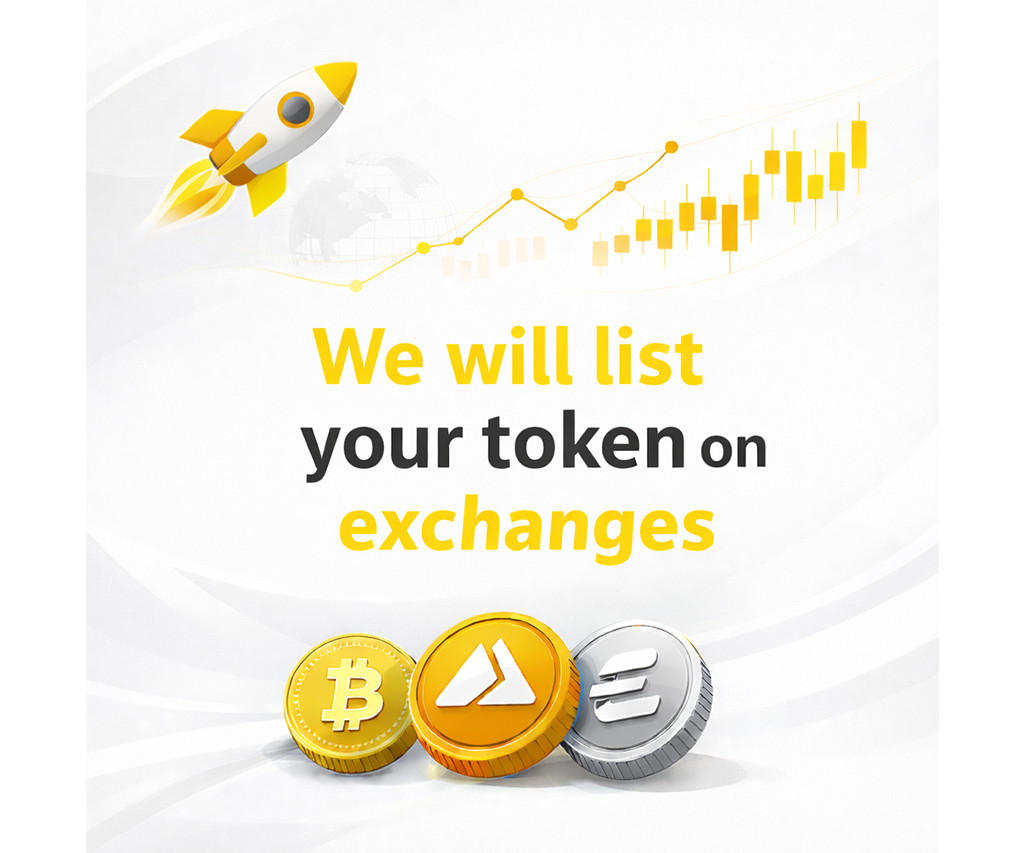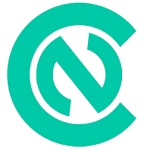 | Obol Network (OBOL) |
Obol Network is a distributed consensus protocol designed for Proof of Stake (POS) Ethereum, focusing on mitigating single points of failure through Distributed Validator Technology (DVT). This technology enables the scaling of main chain staking by providing permissionless access to Distributed Validators, enhancing the resilience and security of Ethereum’s staking infrastructure.
Seed Round: $6.15M
Series A funding Round: $12.5M
Important By investing in this business you agree to ourDisclaimer. All information including our rating, is provided merely for informational purposes. CryptoTotem does not provide investment advice.
What is Obol Network
Proof of Stake blockchains like Ethereum are currently secured by traditional validators, with single points of failure and centralizing dynamics. By solving these issues, Obol’s ground-breaking Distributed Validators (DVs) represent a bright future for Layer 1 Blockchains and Decentralized Infrastructure Networks.
Obol DVs fundamentally shift Web3’s power dynamics, by enabling at-home node operators to outperform large professional operators, with lower risk. For the first time ever, anyone can operate high-performance, slashing resistant nodes with simple at-home hardware.
Obol acts as a foundation for Layer 1’s as well as other emerging Decentralized Infrastructure Networks (Layer 2’s, DePin, Sequencers, Provers, Preconfirmations, AVS’s, Oracles, etc). Ethereum staking protocols like Lido and EtherFi are already using Obol DVs on mainnet to onboard hundreds of at-home operators and secure nearly $1 billion in stake. Obol DVs are also active on Gnosis Chain, and coming soon to Monad. Obol has a vision for securing all applicable PoS Layer 1 blockchains, which currently include more than $500 billion of staked assets, and are likely to secure trillions of dollars in the future.
Now, the launch of the OBOL Token enables Obol to decentralize ownership and governance, conduct retroactive funding for ecosystem builders, and improve operator economics. Obol now has everything it needs to expand its Decentralized Operator Ecosystem and solidify itself as the foundation of Decentralized Infrastructure Networks.
Obol Network Roadmap
- Enable a group of distinct machines to validate thogeder.
- Basic form of DKG can be completed
- Engage Obol Community
- Facilitateself-service deployment of nodes
- Break charon in multiple ways
- Improve DoS resistance
- Distributed Validator returns competetive
- Run an unreasonably large percentage of a test network to see the network perfomance at scale if a majority of validators moved to DV architectures
- Charon nodes cannot be Dos'd
- Demonstrate that fault tolerant validation is real, safe and cost competetive
- Charon V2 will introduce perfomance reward into clusters
- Any issues amongst participants in a cluster must be sorted outside of the core protocol. For this reason, all operators in a cluster should be know to one another
Token Sale Dates
IEO
IEO
IEO
IEO
IEO
Token Allocation
Funding Details
Restrictions
Excluded participants include residents of the US (and its territories), Canada, China, and any individual, country, or territory subject to US, EU, UN, or UK sanctions, and certain jurisdictions.
Token distribution
Coinlist - 2.0%
Ecosystem Treasury & RAF - 36.4%
Airdrop - 8.1%
Investors - 25.3%
Team - 16.2%
Community Incentives - 12.1%
Token Price and Payment Options
Project team














Advisors







